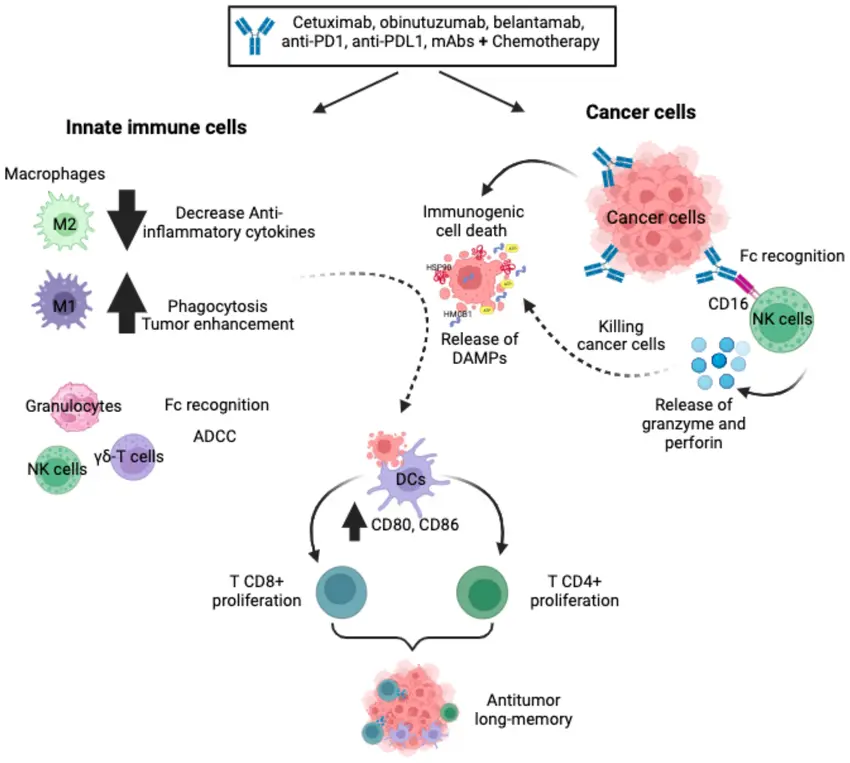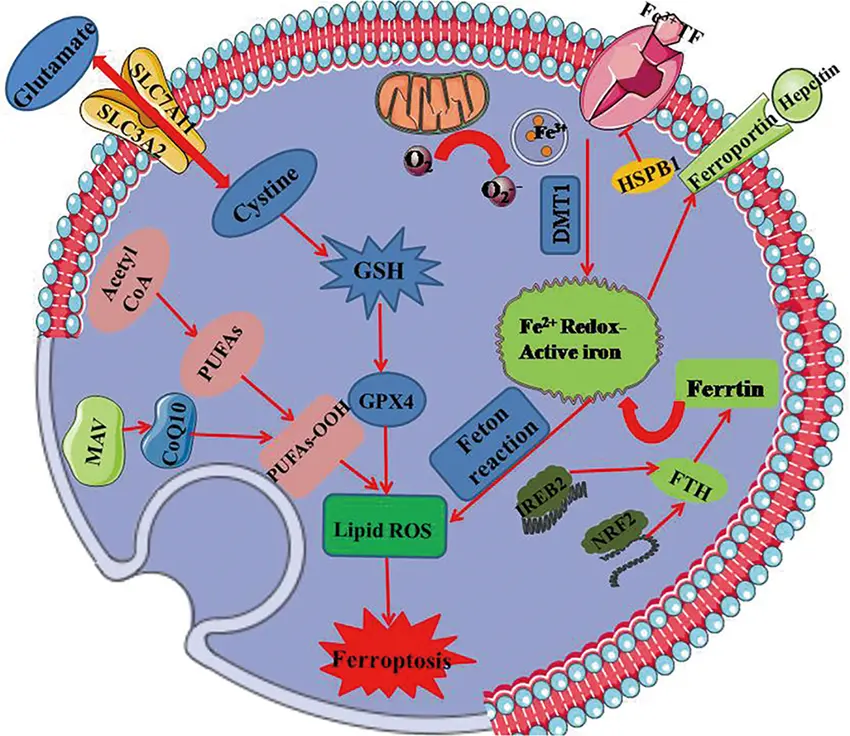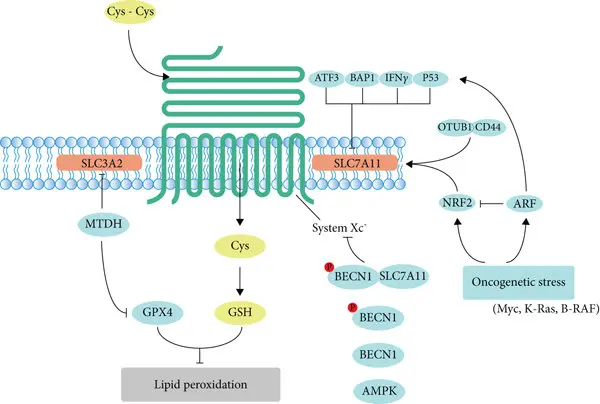Exploration of a Rat Monoclonal Antibody Targeting Ferroptosis: Towards New Therapeutic Approaches

Ferroptosis: A Unique Mechanism of Cell Death
Ferroptosis is regulated, non-apoptotic cell dying wherein ferrous iron and lipid peroxidation merchandise play important roles. Whereas the ferroptotic pathway is now changing into unveiled, it’s troublesome to find out its involvement in situ as a result of no distinctive marker for ferroptotic cells is thought.
Monoclonal Antibodies: A Precision Approach to Ferroptosis
Monoclonal antibodies are engineered to target specific antigens, offering a highly specific and potent approach to therapy. The development of monoclonal antibodies targeting key molecules in the ferroptosis pathway could provide a promising strategy to either inhibit or promote ferroptotic cell death in a controlled manner. In this context, a rat monoclonal antibody targeting molecules that regulate ferroptosis may help modulate its effects in a variety of diseases.
A rat monoclonal antibody can be specifically engineered to recognize antigens with high affinity and specificity. One of the primary benefits of using rat-derived monoclonal antibodies is their ability to bind epitopes with minimal interference from host immune systems, ensuring enhanced targeting and efficacy. The development of such antibodies targeting ferroptotic regulators like GPX4, system Xc−, and iron-handling proteins could potentially revolutionize treatment options for diseases involving dysregulated ferroptosis.
Targeting Ferroptosis Regulators with Monoclonal Antibodies
GPX4 Inhibition
GPX4 plays a pivotal role in preventing ferroptosis by reducing lipid peroxides. A monoclonal antibody targeting GPX4 could inhibit its function, thereby promoting ferroptosis in cancer cells where ferroptosis resistance often occurs. This would make tumor cells more susceptible to ferroptotic cell death, potentially improving the efficacy of cancer therapies. Interestingly, ferroptosis inducers could complement existing treatments like chemotherapy and targeted therapy.
System Xc Modulation
The cysteine-glutamate antiporter System Xc is critical for maintaining cellular redox balance. Inhibiting System Xc function through monoclonal antibodies could reduce the uptake of cysteine, leading to glutathione depletion and promoting ferroptosis. By selectively targeting the tumor microenvironment, this approach could enhance the response to oxidative stress in cancer cells, potentially overcoming resistance to traditional therapies.
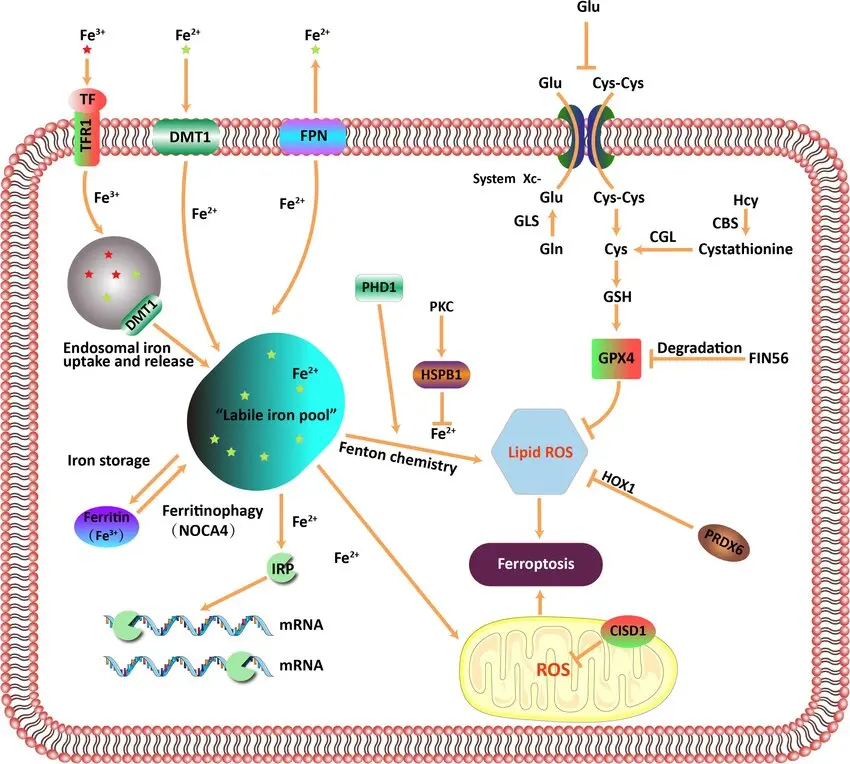
Iron Homeostasis Regulation
Ferroportin, an iron exporter, regulates iron efflux from cells. Ferroportin inhibitors could lead to intracellular iron accumulation, facilitating the Fenton reaction and inducing ferroptosis. A monoclonal antibody targeting ferroportin would be an effective strategy to manipulate iron metabolism and exploit ferroptosis for therapeutic benefit, particularly in diseases where iron dysregulation plays a role.
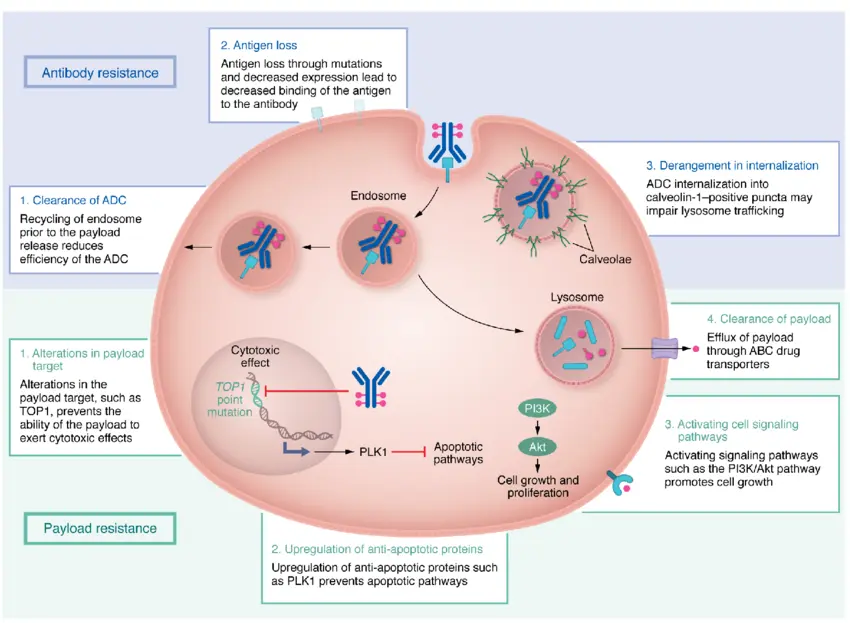
Antibody Conjugates for Targeted Delivery
A powerful strategy involves the conjugation of monoclonal antibodies to cytotoxic agents, such as ferroptosis-inducing compounds or small molecules, for targeted delivery. This approach would enable precise targeting of cells that are prone to ferroptosis, such as cancer cells with overactive iron metabolism, minimizing off-target effects and enhancing therapeutic outcomes.

Therapeutic Implications of Ferroptosis Targeting Antibodies


Cancer Therapy
Many cancers exhibit altered iron metabolism and resistance to conventional cell death pathways. By targeting ferroptosis regulators, monoclonal antibodies can sensitize cancer cells to ferroptotic death, potentially overcoming resistance to traditional chemotherapeutic agents. The specificity of monoclonal antibodies allows for targeted therapies that minimize collateral damage to healthy cells.
Ischemia and Reperfusion Injury
In ischemic conditions, cells undergo ferroptosis due to a combination of iron overload and oxidative stress. Monoclonal antibodies targeting ferroptosis regulators could offer a therapeutic solution to mitigate tissue damage and improve recovery in conditions like stroke, myocardial infarction, and organ transplantation.


Neurodegenerative Diseases
Ferroptosis has been implicated in several neurodegenerative diseases, including Alzheimer's disease, Parkinson's disease, and amyotrophic lateral sclerosis (ALS). Targeting ferroptosis regulators with monoclonal antibodies could offer neuroprotective benefits by preventing excessive ferroptotic cell death in neuronal cells. This would represent a novel approach to slowing the progression of these debilitating conditions.
Autoimmune Disorders
Autoimmune diseases like rheumatoid arthritis and lupus are characterized by chronic inflammation, often leading to cellular damage and ferroptosis. Targeting ferroptosis pathways with monoclonal antibodies could reduce inflammation and prevent excessive cell death, offering a new approach to managing autoimmune conditions.

